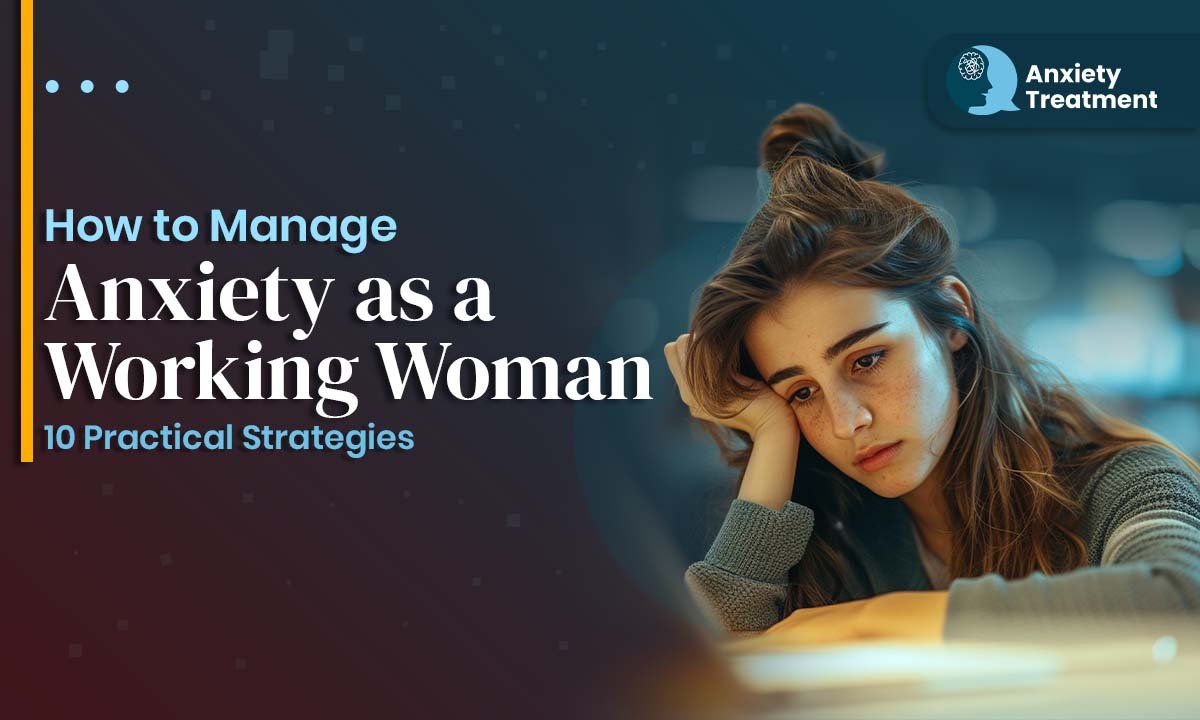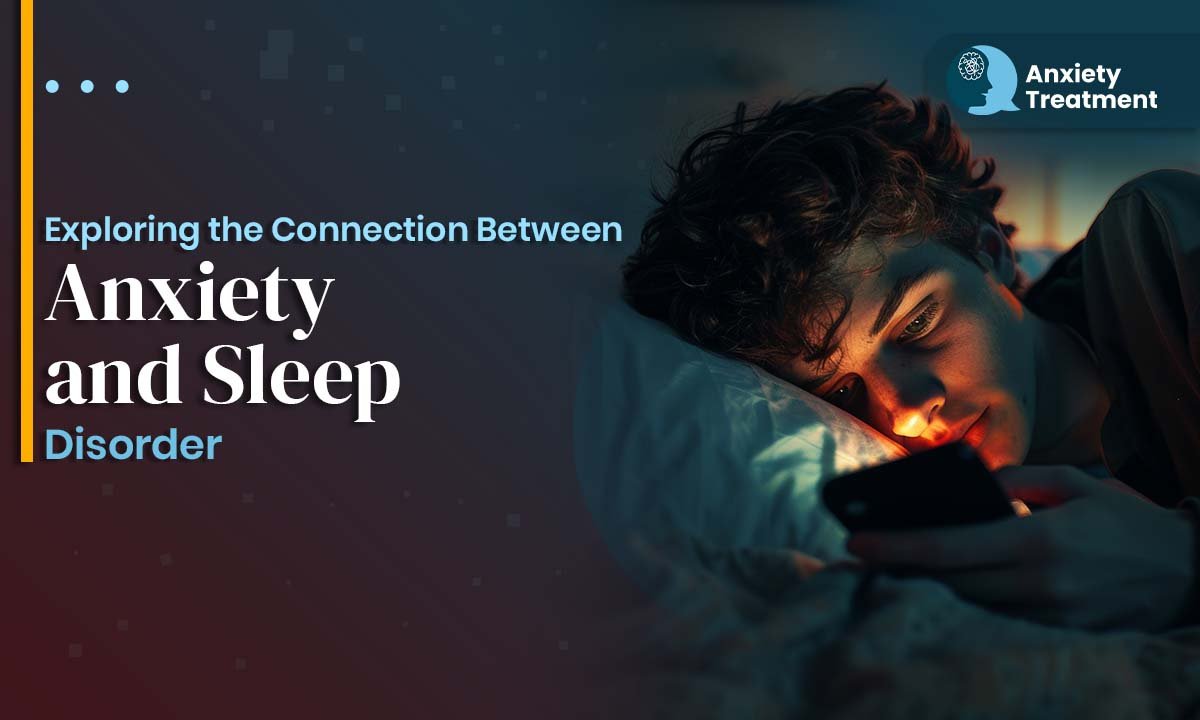In today’s demanding work culture, balancing career ambitions with personal well-being can feel overwhelming especially for women. Whether it’s meeting deadlines, managing teams, or juggling responsibilities at home, the pressure can trigger significant stress and anxiety. If you've found yourself searching for how to manage anxiety as a working woman, you're not alone.
The good news is that with the right strategies, it's absolutely possible to reduce anxiety, boost mental resilience, and find a sense of calm even in high-pressure environments.
Explore 10 proven tips to ease work anxiety and feel emotionally balanced
Struggling with stress at work ? This guide offers 10 proven, practical tips to help you manage anxiety, stay focused, and maintain emotional balance so you can thrive in both your career and well-being.
1. Recognize the Signs Early
Anxiety often creeps in silently. Symptoms like racing thoughts, muscle tension, difficulty sleeping, and constant worry are early red flags. Recognizing these signs early allows you to take proactive steps before they escalate. Understanding that stress and anxiety in working women is common can also reduce self-judgment.
2. Establish Healthy Work Boundaries
Overcommitting, checking emails after hours, or skipping breaks can quickly lead to burnout. Learn to avoid checking work messages after a certain hour. Setting boundaries is one of the most effective workplace anxiety solutions.
3. Create a Morning Routine That Grounds You
How you start your day impacts your mindset. A simple, consistent routine even 20 minutes long can significantly reduce anxiety. Include the following activities.
- Light exercise or stretching
- Journaling or affirmations
- Meditation or deep breathing
- A healthy breakfast without screens
This practice creates emotional stability before the chaos of the day begins.
4. Practice Mindfulness at Work
Mindfulness is a powerful tool for dealing with anxiety in a professional setting. You don’t need to meditate for an hour; a few minutes of mindful breathing, grounding exercises, or a quiet walk during lunch can restore balance.Apps like Headspace, Calm, or Insight Timer offer guided tools to practice even at your desk.
5. Talk About Your Mental Health Needs
One of the most difficult but transformative steps is talking about anxiety. Whether it's a trusted coworker, supervisor, or HR professional, opening up about your struggles can relieve pressure and lead to supportive accommodations.Many companies now offer mental wellness resources or Employee Assistance Programs (EAPs).
6. Schedule Breaks to Recharge
Working non-stop reduces efficiency and worsens anxiety.Use scheduled breaks to move your body, drink water, step outside, or simply rest your mind.
Try techniques like
Block scheduling for creative vs. administrative tasks Walking meetings .These small breaks prevent emotional exhaustion and improve productivity.
7. Limit Comparison and Perfectionism
A major trigger for anxiety at work especially among high-achieving women is the constant drive to be perfect or measure up to others.This mindset leads to self-doubt, imposter syndrome, and chronic stress.
Try these reframes
- Progress over perfection
- Your path is not someone else’s timeline
Mistakes are a natural part of growth; they reflect progress, not failure. Self-compassion is key to mental wellness.
8. Stay Physically Active
Exercise doesn’t just improve physical health, it's a proven natural remedy for anxiety. Even a 20-minute walk can release endorphins, reduce cortisol, and clear your mind.
Incorporate activity into your routine by
- Taking stairs instead of the elevator
- Stretching during desk breaks
- Doing yoga or walking after work
Physical movement is a cornerstone of anxiety relief.
9. Fuel Your Brain with the Right Nutrition
Poor nutrition can worsen anxiety symptoms. Skipping meals, relying on caffeine, and sugar spikes lead to irritability and mental fog.
Focus on
Whole foods like leafy greens, berries, and lean proteins
- Omega-3-rich foods (salmon, walnuts, chia seeds)
- Reducing processed sugar and alcohol
Hydration and stable blood sugar support emotional balance and energy levels.
10. Seek Professional Help When Needed
There’s no shame in needing support. Therapy or coaching can help unpack deeper patterns behind workplace anxiety and build long-term coping skills.
Options include
- Cognitive Behavioral Therapy (CBT)
- Stress management coaching
- Online therapy platforms for busy professionals
Remember, taking care of your mental health is not a weakness, it's a smart investment in your life and career.
Final Thoughts
Anxiety doesn't have to define your work life. By practicing these strategies, you can regain control, feel more grounded, and show up fully not just as a professional, but as a human being with emotions and needs.
If you're a working woman navigating stress and mental health challenges, know that you're not alone and you deserve both success and peace of mind.






